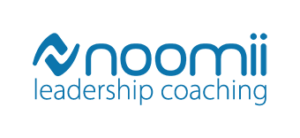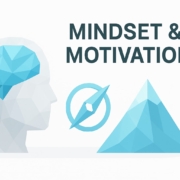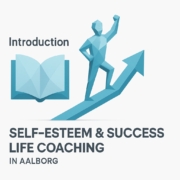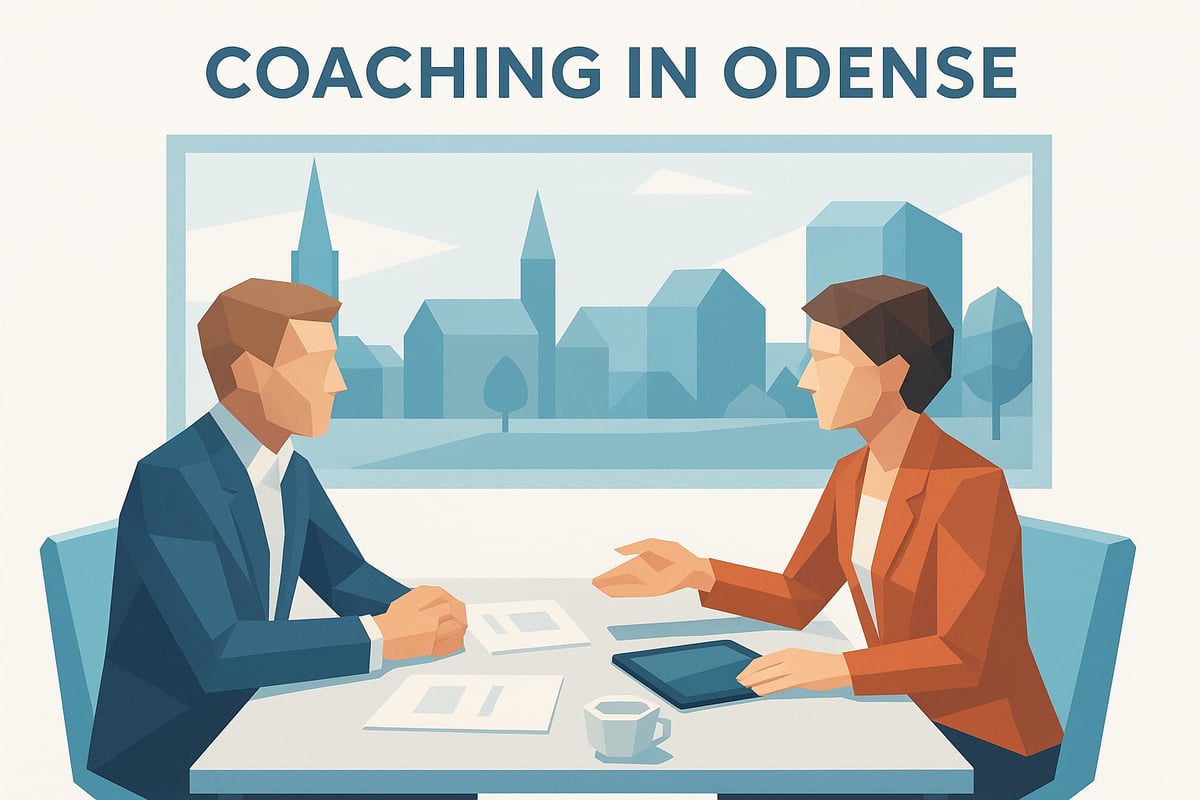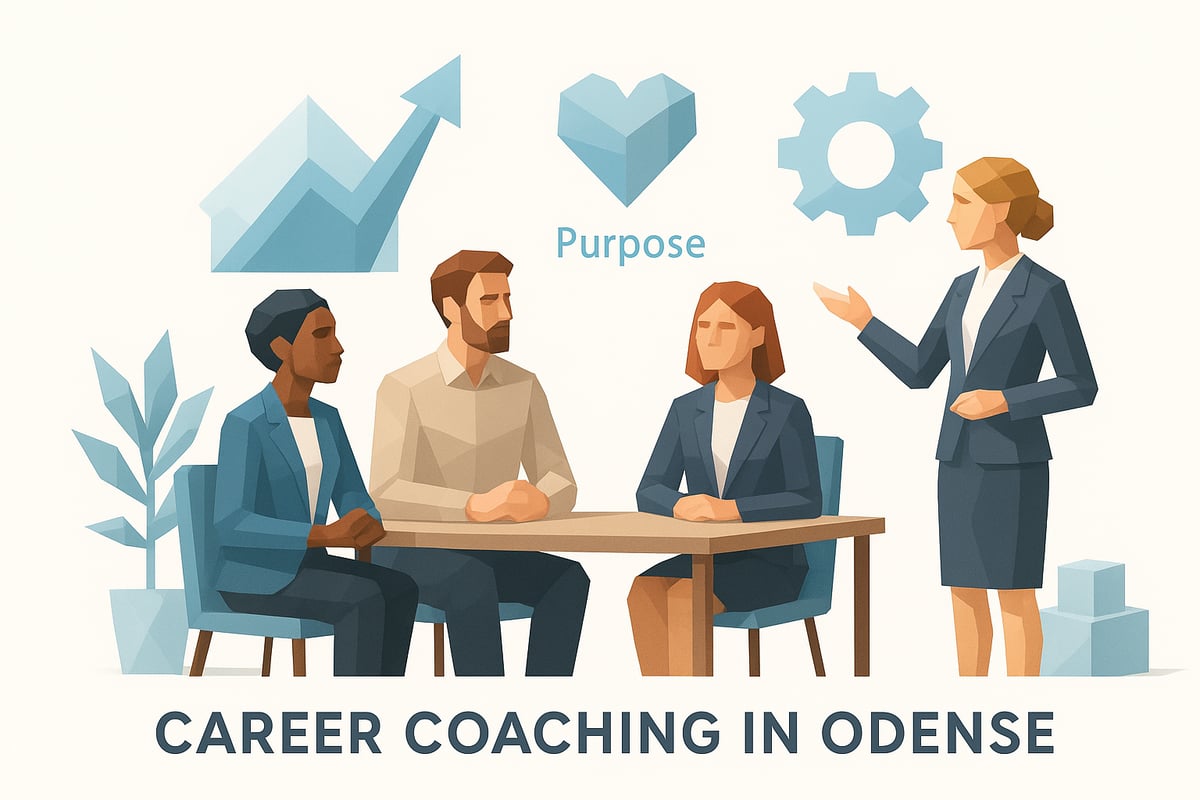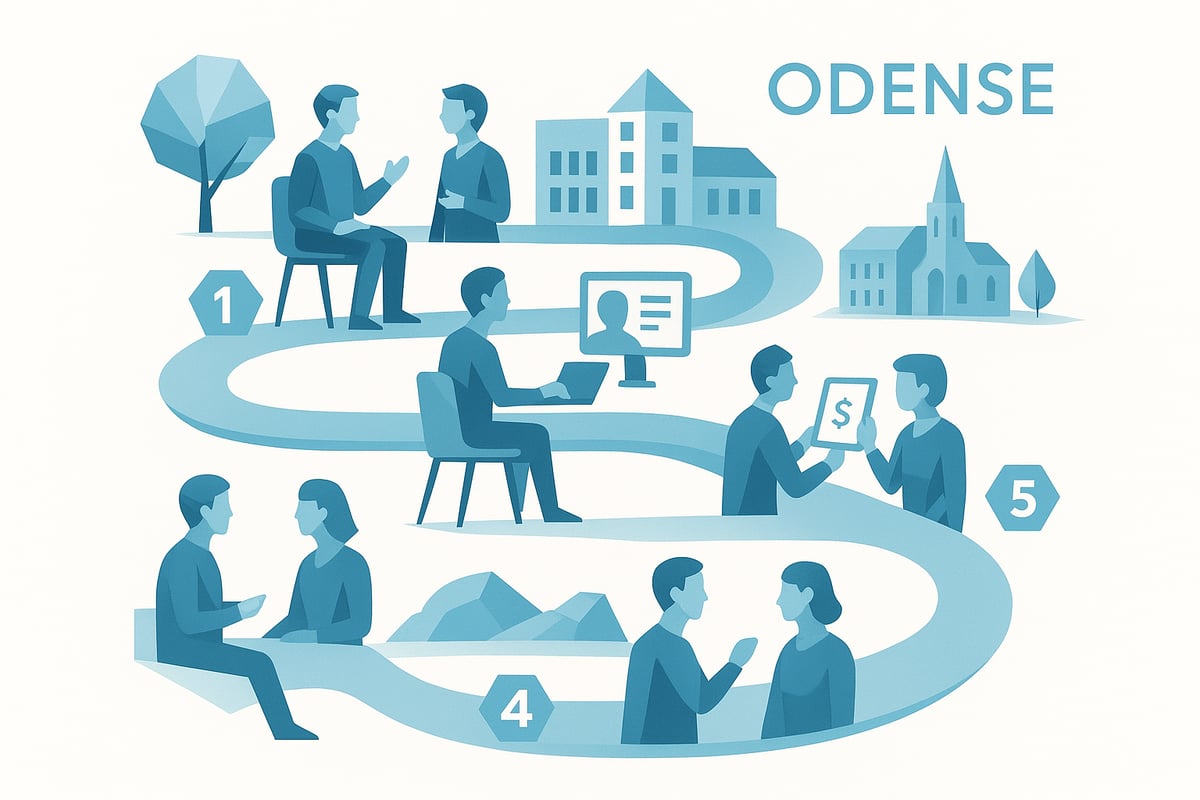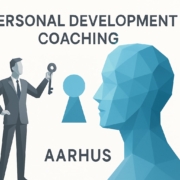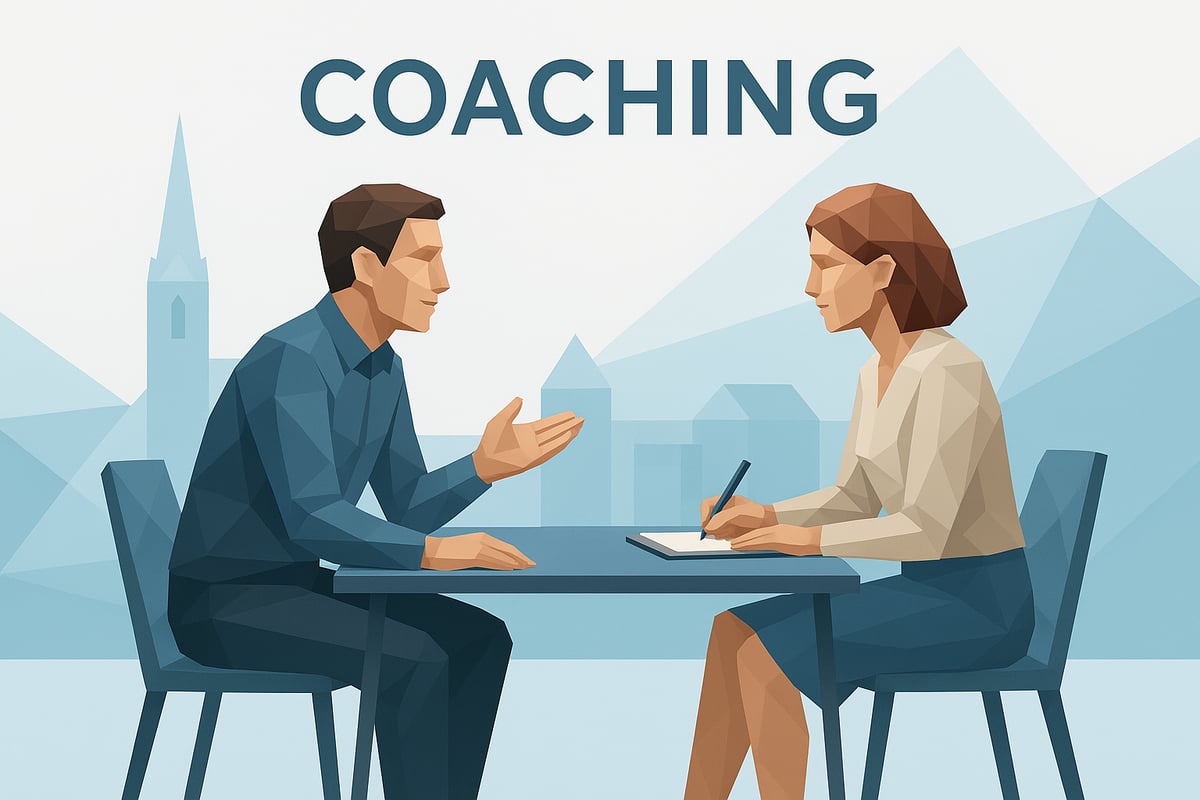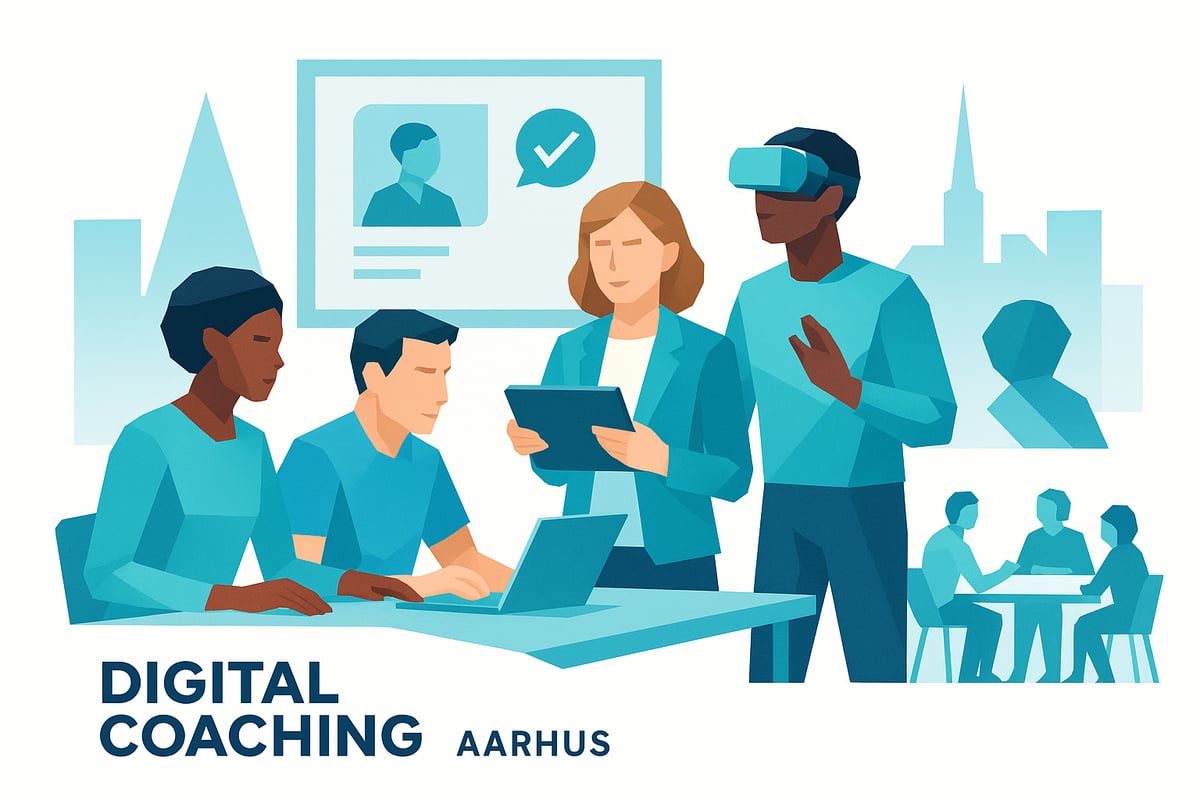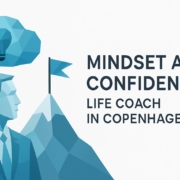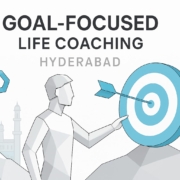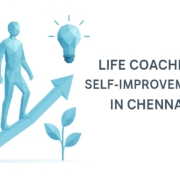The Essential Guide to Career Transformation and Confidence Building in Geneva 2026
Geneva’s job market is on the brink of major change, demanding not only new skills but also strong confidence for professional success in 2026.
This essential guide unlocks the secrets to career transformation and confidence building in geneva, providing you with proven strategies and local insights.
Here, you’ll find a step-by-step roadmap tailored to Geneva’s unique opportunities and challenges, making your career reinvention clear and achievable.
Get ready to explore future job trends, actionable career moves, confidence-boosting techniques, and answers to your top questions.
If you’re serious about taking control of your future, let’s begin—your journey starts now. For ongoing support and accountability, visit Accountability Now.
The Future of Work in Geneva: Trends and Opportunities in 2026
Geneva’s work environment is rapidly evolving, making career transformation and confidence building in geneva more critical than ever. The city’s dynamic mix of international organizations, finance powerhouses, and tech startups is shaping a future full of promise and competition. Let’s explore the trends, opportunities, and the role confidence plays in this changing landscape.

Geneva’s Economic Outlook and Key Sectors
Geneva’s economy is set for moderate growth by 2026, with major shifts in sectoral demand. Finance remains a dominant field, buoyed by digital banking and sustainability initiatives. Biotech and health sciences are on the rise, while international organizations continue to drive local job creation.
The tech startup scene is also gaining momentum, with digital transformation opening new opportunities. For example, roles in sustainability and digital compliance are projected to surge. According to Insights into the 2026 accounting & finance job market, finance and accounting roles will see robust demand, with Geneva’s unemployment rate expected to stay below the national average.
| Sector | Projected Growth (%) | 2026 Job Outlook |
|---|---|---|
| Finance | 8 | Strong |
| Biotech | 12 | Expanding |
| Tech Startups | 15 | Very High |
| International Orgs | 7 | Stable |
With these trends, the need for career transformation and confidence building in geneva is more pronounced than ever.
Emerging Career Paths and In-Demand Skills
The future workplace in Geneva requires advanced digital literacy and adaptability. Employers are seeking professionals skilled in artificial intelligence, data analytics, and cross-cultural communication. The rise of remote and hybrid work models is also reshaping expectations.
Key in-demand roles include:
- Data analysts and AI specialists
- Sustainability consultants
- Digital marketers
Multilingualism is a distinct advantage due to Geneva’s international environment. In fact, over 70% of employers will prioritize digital skills by 2026.
To stay competitive, focusing on career transformation and confidence building in geneva is essential for both new graduates and experienced professionals.
Challenges Facing Professionals in Geneva
Professionals face intense competition for top positions, especially in high-growth sectors. The fast pace of change has led to a skills mismatch, making continuous learning a necessity. Expats and career changers often encounter barriers such as language integration and recognition of foreign qualifications.
Common challenges include:
- Navigating a crowded job market
- Identifying relevant upskilling opportunities
- Overcoming cultural adaptation hurdles
A recent survey found that 56% of Geneva professionals cite skills gaps as their main concern. This highlights the importance of ongoing career transformation and confidence building in geneva to stay ahead.
Why Confidence Matters in Career Transformation
Confidence is a powerful differentiator when pursuing new roles or promotions. Many professionals struggle with imposter syndrome or fear of change, which can hold back career progress. For instance, one Geneva-based project manager overcame self-doubt through targeted coaching and peer support, ultimately securing a senior leadership role.
Research shows a strong correlation between self-confidence and career advancement. Building resilience and belief in one’s abilities is vital for long-term growth.
Ready to take the next step? For guidance and ongoing support in your own journey of career transformation and confidence building in geneva, visit Accountability Now.
Step-by-Step Guide to Career Transformation in Geneva
Embarking on career transformation and confidence building in geneva requires a clear plan. Whether you are a seasoned professional, a recent graduate, or transitioning from abroad, these steps will help you navigate Geneva’s dynamic job market with purpose and assurance.

Step 1: Self-Assessment and Setting Career Goals
The foundation of career transformation and confidence building in geneva is self-awareness. Begin by identifying your unique strengths, personal values, and passions. This process helps you align your next steps with what truly matters to you.
Use practical tools like a SWOT analysis to map out your Strengths, Weaknesses, Opportunities, and Threats. Many Geneva-based career workshops offer hands-on sessions for self-assessment. Consider enrolling in a local seminar or using online career assessments to clarify your direction.
Once you have clarity, set SMART goals: Specific, Measurable, Achievable, Relevant, and Time-bound. For example, if you aim to move into Geneva’s tech sector, target a relevant certification within six months or attend two industry networking events per month. This structured approach keeps your career transformation and confidence building in geneva measurable and motivating.
Step 2: Upskilling and Professional Development
Identifying skill gaps is crucial for career transformation and confidence building in geneva, especially with the rapid evolution of Geneva’s job market. Start by researching roles in high-growth sectors and listing the required hard and soft skills.
Geneva offers a wealth of training opportunities. Local institutions like the University of Geneva provide executive courses and certification programs tailored to market needs. Online platforms such as Coursera and LinkedIn Learning expand your options further. Popular certifications among Geneva professionals include project management, data analytics, and digital marketing.
Data shows that over 70% of successful career changers in Geneva invest in upskilling. For those looking to accelerate progress, consider exploring Coaching and career development strategies, which offer personalized guidance and actionable steps to close skill gaps efficiently.
Step 3: Building a Powerful Personal Brand
In today’s competitive environment, your personal brand is your professional signature. For effective career transformation and confidence building in geneva, craft a CV and LinkedIn profile that clearly showcase your achievements and adaptability to Geneva’s diverse market.
Tailor your messaging for both international and local audiences. Highlight multilingual abilities and cross-cultural experiences, as these are highly valued by Geneva employers. Practice your elevator pitch so you can confidently introduce yourself at events or interviews.
A compelling personal brand significantly increases job search success. According to recent studies, candidates with strong online profiles are twice as likely to be contacted by recruiters. Make sure your digital presence reflects your readiness for career transformation and confidence building in geneva.
Step 4: Strategic Networking in Geneva
Networking is a powerful lever for career transformation and confidence building in geneva. Geneva’s professional landscape is rich with associations, alumni groups, and networking events tailored to diverse industries.
Tap into local groups such as the Swiss Finance Institute or Digital Geneva. Expat networks and university alumni associations also offer valuable connections and support. Attend in-person and virtual events to build relationships and learn about hidden opportunities.
A notable example is a Geneva professional who landed a dream role after a chance meeting at a local networking breakfast. Data indicates that nearly 60% of jobs in Geneva are filled through networking channels, making this step indispensable.
Step 5: Navigating the Job Search and Application Process
Geneva’s job market is highly competitive, so a strategic approach is essential for career transformation and confidence building in geneva. Tailor each application to the specific employer, highlighting your fit with the company’s values and mission.
Prepare for interviews and assessment centers by researching common questions and practicing your responses. Geneva employers often ask about cross-cultural experiences, problem-solving skills, and adaptability. Practice with friends, mentors, or local career coaches to build confidence.
On average, candidates in Geneva submit 10 applications for every interview opportunity. Persistence and preparation are key. Keep a detailed log of your applications and follow up professionally to stand out in the process.
Step 6: Adapting to New Roles and Work Environments
Transitioning into a new role is the final step in career transformation and confidence building in geneva. Geneva’s workplaces are multicultural and fast-paced, requiring flexibility and open-mindedness.
Early success comes from active listening, seeking feedback, and quickly building relationships with colleagues. Many organizations in Geneva offer structured onboarding programs, but proactive engagement is equally important.
Retention rates for career switchers in Geneva are high when individuals leverage support networks and embrace continuous learning. To maintain momentum and accountability in your new role, consider joining a peer support group or working with a coach. For ongoing support and expert guidance, visit Accountability Now.
Proven Strategies for Building Career Confidence
Building sustainable confidence is at the heart of career transformation and confidence building in geneva. Whether you are switching industries, seeking promotions, or adapting to Geneva’s evolving job market, proven strategies can help you rise above uncertainty and thrive. Let’s break down the actionable methods that empower professionals to build genuine, lasting confidence.

Overcoming Self-Doubt and Imposter Syndrome
Self-doubt can sabotage even the most qualified professionals during career transformation and confidence building in geneva. Many struggle with imposter syndrome, feeling like they do not deserve their achievements or fearing exposure as a “fraud.”
Start by recognizing negative self-talk. Journaling thoughts and reframing them with evidence-based affirmations is a powerful first step. Mindfulness techniques, such as guided meditation practiced by Geneva’s leading executives, can help ground you in the present and diminish anxiety.
According to Swiss workplace studies, over 60% of professionals report experiencing imposter syndrome. Regularly practicing self-affirmation and sharing your concerns with trusted peers or mentors makes a significant difference.
Building confidence is a journey. By addressing self-doubt head-on, you lay the foundation for successful career transformation and confidence building in geneva.
Developing a Growth Mindset
Adopting a growth mindset is essential for career transformation and confidence building in geneva. This mindset encourages you to embrace challenges, learn from setbacks, and view feedback as a tool for improvement.
Participate in local growth mindset workshops, which are increasingly popular in Geneva. These sessions encourage professionals to reframe failures as learning opportunities rather than roadblocks.
Research shows that Geneva professionals who actively seek feedback and pursue continuous learning advance faster in their careers. Use a simple table to track your progress and reflect on lessons learned:
| Challenge Faced | Lesson Learned | Next Action Step |
|---|---|---|
| Missed Promotion | Need more digital skills | Enroll in training |
| Presentation Nerves | Practice public speaking | Join Toastmasters |
By fostering a growth mindset, you make career transformation and confidence building in geneva a continuous, empowering process.
Leveraging Mentorship and Coaching
Mentorship and coaching are accelerators for career transformation and confidence building in geneva. A mentor offers guidance, accountability, and an outside perspective, helping you navigate complex decisions and build new skills.
Geneva’s professional landscape thrives on mentorship. Many organizations encourage formal and informal coaching relationships. Executive coaching, in particular, is proven to help leaders unlock potential and produce better results. If you want to understand how coaching can drive your growth, explore Executive coaching for career growth.
Data shows that over 70% of Geneva professionals credit mentorship for their career breakthroughs. Finding the right mentor or coach can help you gain clarity, boost confidence, and accelerate your transformation.
Every step you take with a mentor or coach brings you closer to your goals, making career transformation and confidence building in geneva more attainable.
Celebrating Wins and Building Positive Habits
Recognizing achievements is a key part of career transformation and confidence building in geneva. Celebrating both big and small wins reinforces your progress and motivates you to push forward.
Create routines that support confidence: start each day by reviewing your accomplishments, set weekly intentions, and use habit-tracking tools like those popular among Geneva professionals. Positive reinforcement, according to workplace studies, increases career satisfaction and long-term performance.
Make a habit of journaling your successes, no matter how minor. Over time, these habits compound, building a resilient sense of self-assurance.
Incorporating regular celebration and healthy routines is essential for sustained career transformation and confidence building in geneva.
Resilience in the Face of Setbacks
Resilience is the safety net during career transformation and confidence building in geneva. Setbacks are inevitable, but your response determines your future trajectory.
Practice reframing failures as opportunities for growth. Geneva’s professional community offers peer support groups, where members share experiences and strategies for bouncing back after rejection or job loss. The average time to re-employment in Geneva is shorter for those who leverage such networks.
Build a support system, stay connected, and remain proactive. Every setback is an invitation to adapt and grow. For ongoing accountability and support in your career transformation journey, visit Accountability Now.
With resilience, you turn obstacles into stepping stones for career transformation and confidence building in geneva.
Local Resources and Support Systems for Career Changers
Navigating career transformation and confidence building in geneva requires a strategic approach and access to the right local resources. Geneva’s supportive ecosystem offers a wealth of opportunities for professionals at every stage of their journey. From personalized coaching to dynamic professional networks, these resources can make all the difference in achieving lasting career change.
Career Counseling and Coaching Services in Geneva
A personalized approach is crucial for successful career transformation and confidence building in geneva. Geneva boasts a range of reputable career centers, private coaches, and university-based advisors who offer tailored guidance for every professional background.
- University of Geneva Career Services: Provides assessments, workshops, and one-on-one counseling.
- Private coaching specialists: Offer individualized support for career changers and executives.
- Group programs: Facilitate peer learning and accountability for sustained progress.
Working with a personal coach for career change can accelerate your journey. Many professionals highlight the value of expert feedback, clarity on goals, and ongoing motivation. Recent data shows high utilization rates of career counseling in Geneva, reflecting the growing demand for expert support in today’s evolving job market.
Professional Associations and Networking Groups
Networking remains a cornerstone of career transformation and confidence building in geneva. Numerous industry associations and networking groups connect professionals across sectors, offering valuable opportunities to exchange ideas and discover new roles.
- Swiss Finance Institute: Regular events, training, and member support.
- Digital Geneva: Focused on tech and digital innovation, fostering collaboration.
- Geneva Business Networking: Open meetups for expanding your professional circle.
Membership in these groups has surged, with recent statistics reporting a steady rise in participation rates. Engaging with these communities not only builds professional connections but also boosts confidence through shared knowledge and support.
Upskilling and Continuing Education Opportunities
Continuous learning is at the heart of career transformation and confidence building in geneva. The city offers a rich selection of upskilling avenues, from formal university programs to flexible online courses.
- University of Geneva Executive Education: Specialized leadership and industry certifications.
- Local language schools: Help develop multilingual skills vital for Geneva’s workforce.
- Online platforms: Coursera and similar providers cater to busy professionals.
Enrollment in continuing education has increased year over year, underscoring a commitment to lifelong learning. Investing in upskilling aligns your profile with Geneva’s most in-demand roles and builds the confidence needed to navigate change.
Support for Expats and International Professionals
Geneva’s international character makes it a prime destination for global talent. For expats, effective career transformation and confidence building in geneva depends on targeted resources and cultural integration support.
- Geneva Welcome Center: Guidance on work permits, housing, and local customs.
- Language integration programs: Accelerate workplace adaptation and communication.
- Expat support groups: Provide community and peer advice for career transitions.
With thousands of professionals relocating to Geneva each year, these resources play a vital role in smoothing the transition. Access to tailored support ensures expats can thrive both personally and professionally.
Noomii Corporate Leadership Program: Precision Coaching for Career Transformation
Noomii’s precision coaching solutions empower organizations and individuals to tackle complex career challenges and drive measurable transformation. Using evidence-based assessments and precision coach matching, Noomii aligns personal growth with Geneva’s organizational objectives, fostering lasting confidence and success.

Staying connected to Geneva’s local resources is essential for career transformation and confidence building in geneva. For ongoing accountability, expert guidance, and a supportive community, visit Accountability Now to fuel your professional journey.
Real-Life Success Stories: Career Transformation in Geneva
Discover how real people achieved career transformation and confidence building in Geneva through strategic choices, local resources, and proven frameworks. These stories showcase the diverse paths to success in Geneva’s dynamic job market.
From Finance to Tech: Reinventing a Career Path
Carla spent over a decade in Geneva’s banking sector but felt drawn to the city’s vibrant tech scene. She began her career transformation and confidence building in Geneva by assessing her transferable skills and enrolling in coding bootcamps. Carla attended digital networking events and sought mentorship from tech leaders. She leveraged local workshops and participated in the Career Transition Series: Pivoting Outside the UN System to gain clarity. Within a year, Carla secured a product manager role at a Geneva-based startup, demonstrating how adaptability and targeted upskilling can open new doors.
Overcoming Confidence Barriers as an Expat
Raj moved to Geneva as an expat, facing language barriers and uncertainty in a new professional environment. His career transformation and confidence building in Geneva began with local coaching, language integration programs, and joining multicultural professional groups. He used evidence-based coaching approaches to address imposter syndrome and tracked his progress through regular peer feedback. By engaging with leadership workshops and leveraging insights from Drive your career forward with self-leadership, Raj built resilience and self-assurance. His efforts paid off with a promotion in an international organization, proving that the right support system accelerates growth.
Mid-Career Professionals: Breaking Through Plateaus
Sophie, a Geneva-based operations manager, felt stuck after years in the same role. Seeking career transformation and confidence building in Geneva, she invested in executive coaching and participated in leadership development programs. Sophie measured her progress using ROI-focused frameworks like those outlined in Measuring ROI from coaching. She refined her personal brand and expanded her network through industry associations. Within 18 months, Sophie advanced to an executive leadership position, highlighting the powerful impact of targeted coaching and continuous learning.
Young Professionals: Standing Out in a Competitive Market
Fresh out of university, Lucas faced stiff competition in Geneva’s job market. His approach to career transformation and confidence building in Geneva centered on gaining practical experience through internships, attending local career fairs, and building a strong LinkedIn presence. Lucas joined student and alumni networks, sought feedback from mentors, and tailored his applications for multinational companies. His proactive strategy resulted in landing a full-time role at a leading multinational, illustrating how preparation and networking can set young professionals apart. For ongoing support and accountability in your own journey, visit Accountability Now.
Frequently Asked Questions (FAQ)
Navigating career transformation and confidence building in geneva is a journey filled with questions. Here, we address the most common concerns professionals have about reinventing their careers and boosting self-assurance in Geneva’s unique job landscape.
Common Concerns and Expert Answers
What are the top industries for career transformation in Geneva in 2026?
Geneva’s leading sectors for career transformation and confidence building in geneva include finance, biotech, international organizations, and technology. According to Swiss employers cautiously optimistic for 2026, employers are planning for steady growth, especially in sustainability and digital roles.
How can I build confidence during a career change in Geneva?
Start by challenging negative self-talk and seeking feedback. Join local workshops, peer groups, or work with a coach to reinforce your strengths. Tracking small wins and setting achievable goals are proven ways to support career transformation and confidence building in geneva.
What resources are available for expats looking to transform their careers in Geneva?
Expats can access career counseling, language integration programs, professional associations, and the Geneva Welcome Center. These resources are designed to make career transformation and confidence building in geneva more accessible, even if you’re new to the city.
Is upskilling necessary for career transformation in Geneva’s job market?
Yes, upskilling is critical. Geneva employers expect candidates to possess strong digital literacy and cross-cultural communication skills. Local universities, online platforms, and certification programs can help bridge any skill gaps.
How does mentorship or coaching make a difference in career growth?
Mentorship and coaching provide tailored feedback, accountability, and strategic guidance. Many Geneva professionals credit their breakthroughs to supportive coaching relationships that accelerate both skill development and confidence.
Are there job search strategies specific to Geneva?
Yes. Tailor your CV and cover letter for Geneva’s competitive market. Leverage networking events, alumni groups, and professional associations to access the hidden job market.
What are the main challenges for career changers in Geneva?
Professionals often face increased competition, skills mismatches, and cultural adaptation barriers. Continuous learning and strategic networking are key to overcoming these hurdles.
How do I maintain motivation and accountability during career transformation?
Set clear goals, celebrate milestones, and find an accountability partner or coach. For ongoing support during your journey, visit Accountability Now.
